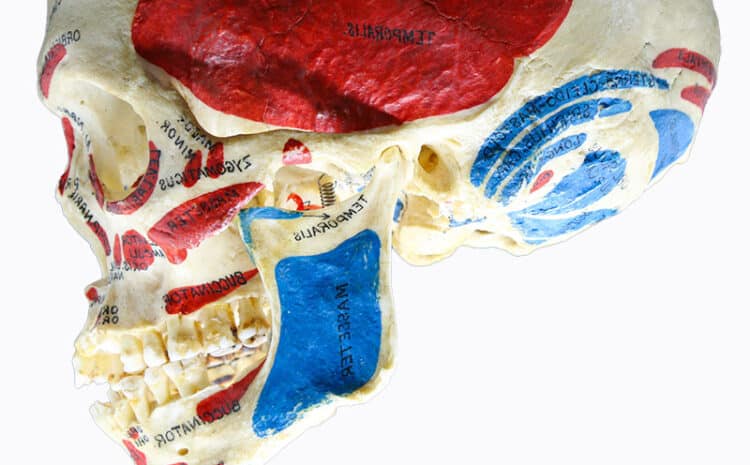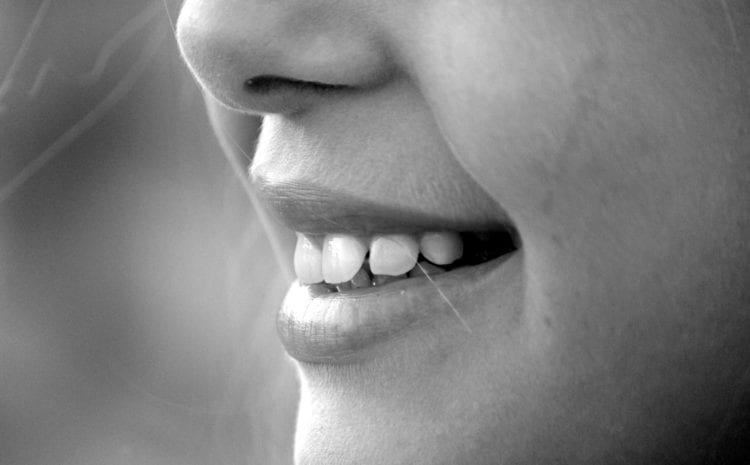TMJ is a small joint as compared to the other joints, but it can cause a lot of pain if not treated. Many times the symptoms of the TMJ disorder go away without taking any medicines, but other times it…
When someone is suffering from severe pain due to TMD or TMJ disorder and that is affecting their daily routine then you can take medical help. Sometimes the pain goes away without doing anything and other times it needs some…
Are you over-stressing your TMJ right now? These 7 exercises will help you protect and preserve your range of motion and function.
Stress and anxiety can be acute or chronic. Both conditions can contribute to temporomandibular joint (TMJ) disorder, which often affects daily functions that involve the jaw joint and muscles like eating, speaking, and sleeping. Unfortunately, the struggles of living with…
The time when you are asleep can often cause the most damage to your jaw and cause temporomandibular joint (TMJ) disorder. It’s important to protect your teeth, jaw muscles, and joints while you sleep to prevent the condition from progressing.
Managing temporomandibular joint (TMJ) disorder often requires a full-body, holistic treatment plan. TMJ disorder is predominantly a chronic condition that will need to be managed by a coordinated team of dentists, TMJ specialists, physical therapists, and additional healthcare providers. Your…
In conjunction with your home care regimen, you may also need professional treatment to address your temporomandibular joint disorder (TMJ disorder). After your diagnosis, your dentist or TMJ specialist will provide you with a customized TMJ treatment plan to address…
Temporomandibular joint disorder (TMD or TMJ disorder) can be difficult to diagnose due to a variety of health conditions that may cause or exacerbate the disorder. These include factors like genes, hormones, stress and anxiety, or bad habits that involve…
If you begin to feel pain, tension, or clicking in your temporomandibular joint (TMJ), you may seek treatment to correct this disorder, also known as temporomandibular joint disorder (TMD or TMJ disorder). But first, you’ll need to be diagnosed by…
When it comes to dental health, any action that you perform with your mouth that is not related to eating, drinking, or speaking is considered a parafunction. Parafunctions can be bad habits like biting your fingernails , or something involuntary…










